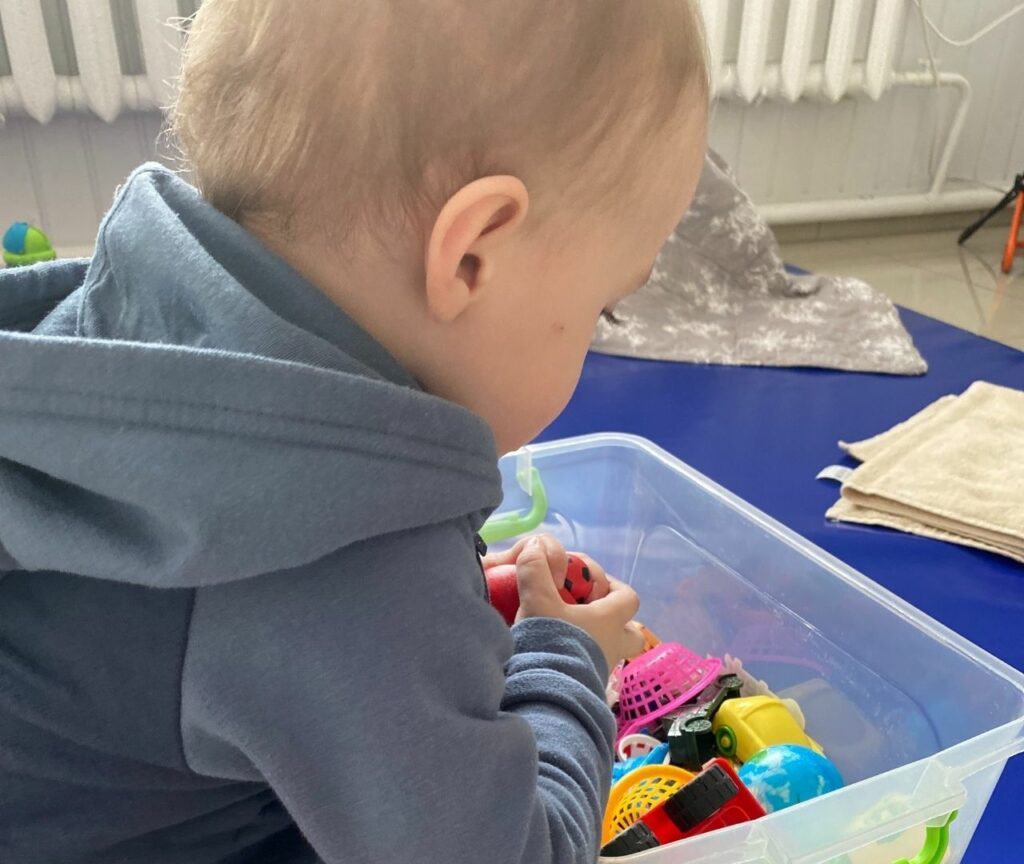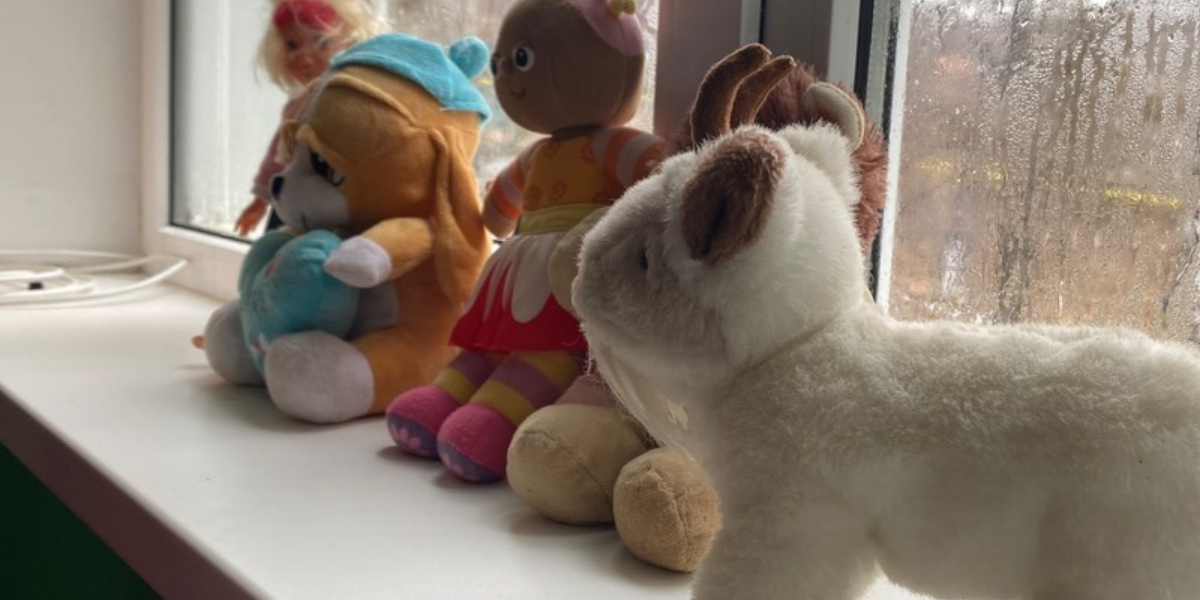At the end of February, the world as we know it changed.
With so many people arriving from Ukraine, the way we work with families has also changed. In early March, we started to shape our response to the refugee crisis.
Currently, we are helping families living in 16 refugee accommodation centres (RACs) in the northern part of Moldova. We will begin working in two more RACs in the near future.
Based on signed MoUs (Memorandum of Understanding) with local public authorities, in all 16 RACs we have provided hygiene and food supplies, focusing on more specific items such as baby food and hypoallergic food items. We have also equipped free play corners to be open around the clock for children and their families. We have set up informative corners and provided arts & crafts supplies for children.
At the end of February, the world as we know it changed.
One mom told us that reading together was a big part of her and her son’s routine when they were home. But when she left, she had not managed to pack any books. We have provided them with books to read, and drawings to look at – bringing back a small piece of normalcy for her and her son.
In another RAC in northern Moldova, a 12-year old has asked for acrylic paints so she can pursue her hobby and put in colours her emotions. She told us that her father works abroad while she, her mum and younger brother are in Moldova. She really wants to go back home to her friends and grandparents. She told her father that she is getting better at her art and she will sell some of her paintings so they get the money to go back home, and life can return to how it was before the war.
She told her father that she is getting better at her art and she will sell some of her paintings so they get the money to go back home
Some families are making longer term plans. They are planning what to do if the war continues and their home towns are not safe to return. One mum with a 15-year old plans to move out of the RAC and go to Chisinau to find work. She plans to enrol her son in a local school, mentioning that “education is the most important asset.” They will need support in finding employment, legal advice on contracting, support with school enrolment and other move-related priorities.
In some RACs, we are planning structured activities with caregivers and children to support their social-emotional development. 8 staff members have received training to do this from War Child Netherlands in TeamsUp.
Additionally to ensure integration, we plan to pilot a voucher based intervention for both refugee and host families, based on several criteria – age, disability, family size etc.

Liliana Rotaru is the chairperson of CCF Moldova, our partner organisation in Moldova.
Ukraine Crisis Appeal We Need your help
By supporting our work across Ukraine, Moldova and Romania you can help protect children and families right now and in the aftermath of this war.
